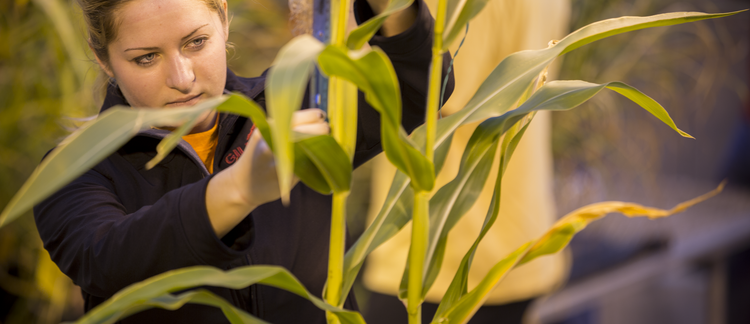Abstract
Carbon storage (sequestration) is an issue worth exploring for its potential impact on, and benefits for, agriculture and climate change. Where soil conservation and plant residue management have been implemented, agriculture can be part of a potential solution to the problem of global warming. The concept of carbon sequestration is highly linked to soil management practices, soil conservation practices, and crop rotation. The benefits of soil carbon sequestration as a result of soil conservation practices to the soil system are enormous and include improvement of soil aggregate stability, water holding capacity, nutrient availability, and microbial activities. The need for evaluating different tillage and crop rotation systems is essential for understanding soil potential for carbon sequestration. The objectives of this research are to evaluate the effects of different crop rotations, tillage practices, and residue quality on soil carbon sequestration.
Keywords: Agronomy
How to Cite:
Al-Kaisi, M. & Licht, M. A., (2002) “Impact of Tillage and Crop Rotation Systems on Soil Carbon Storage”, Iowa State University Research and Demonstration Farms Progress Reports 2001(1).
Downloads:
Download pdf
View PDF
279 Views
86 Downloads

